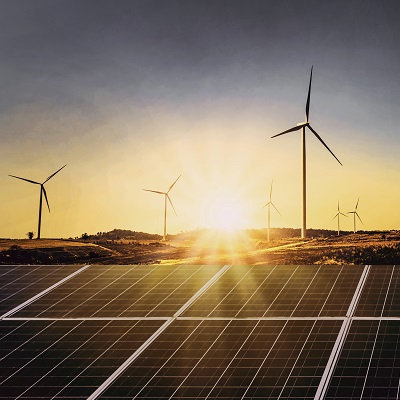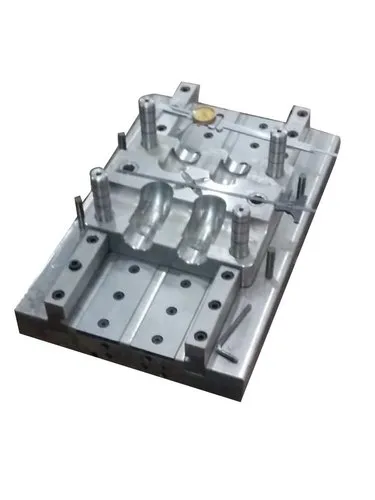As the global demand for sustainable energy solutions increases, the role of high-performance materials in renewable energy systems becomes ever more critical. Among these materials, Polyvinyl Chloride (PVC) stands out for its versatility, durability, and cost-effectiveness. PVC molded components are increasingly used in various renewable energy applications such as solar, wind, hydro, and bioenergy systems. These components contribute significantly to the efficiency, reliability, and longevity of the equipment.
Key Properties of PVC for Renewable Applications
PVC is a thermoplastic polymer with a unique blend of characteristics that make it ideal for renewable energy infrastructure:
Chemical resistance: Ideal for outdoor and harsh environments.
UV stability: Enhanced with additives for long-term exposure to sunlight.
Electrical insulation: Essential for photovoltaic (PV) systems and wind turbine controls.
Flame retardance: Meets safety standards in critical installations.
Dimensional stability: Maintains shape and integrity under varying temperatures and loads.
Applications in Renewable Energy Systems
1. Solar Energy Systems
Junction Boxes & Enclosures: PVC molded enclosures protect electrical components from moisture and dust, ensuring system safety.
Cable Management Systems: Trays and conduits made from PVC help organize and shield power and data cables.
Mounting Brackets: Used to support solar panels, especially in corrosive environments where metal brackets may degrade.
2. Wind Turbines
Electrical Insulation Components: PVC molded parts provide insulation for high-voltage cables and connectors.
Control Cabinet Housings: Lightweight and resistant to corrosion, ideal for offshore wind turbines.
3. Hydro Power Systems
Pipe Fittings and Valves: Custom PVC components handle water flow in mini and micro-hydro setups.
Sensor Enclosures: Protect delicate monitoring equipment from water ingress and debris.
4. Bioenergy Installations
Biogas Plant Components: PVC molded covers, seals, and pipe fittings are resistant to chemicals and biological processes.
Waste Handling Systems: Lightweight and easy-to-install components for biowaste processing equipment.
Advantages of PVC Molded Components
Cost-Effectiveness: Lower production and installation costs compared to metal or composite alternatives.
Design Flexibility: Can be molded into complex shapes to meet specific design requirements.
Lightweight: Reduces structural load and simplifies transportation and installation.
Low Maintenance: Resistant to rust, corrosion, and weathering, reducing lifecycle costs.
Sustainability Aspects
Modern PVC formulations can be made with low environmental impact using recyclable and lead-free stabilizers. Additionally, the long service life of PVC components reduces the need for frequent replacements, aligning with the sustainability goals of renewable energy projects.
Conclusion
PVC molded components play a vital role in enhancing the performance and durability of renewable energy systems. With ongoing innovations in material science and molding technologies, PVC continues to evolve as a preferred choice for manufacturers and engineers committed to clean energy solutions.


